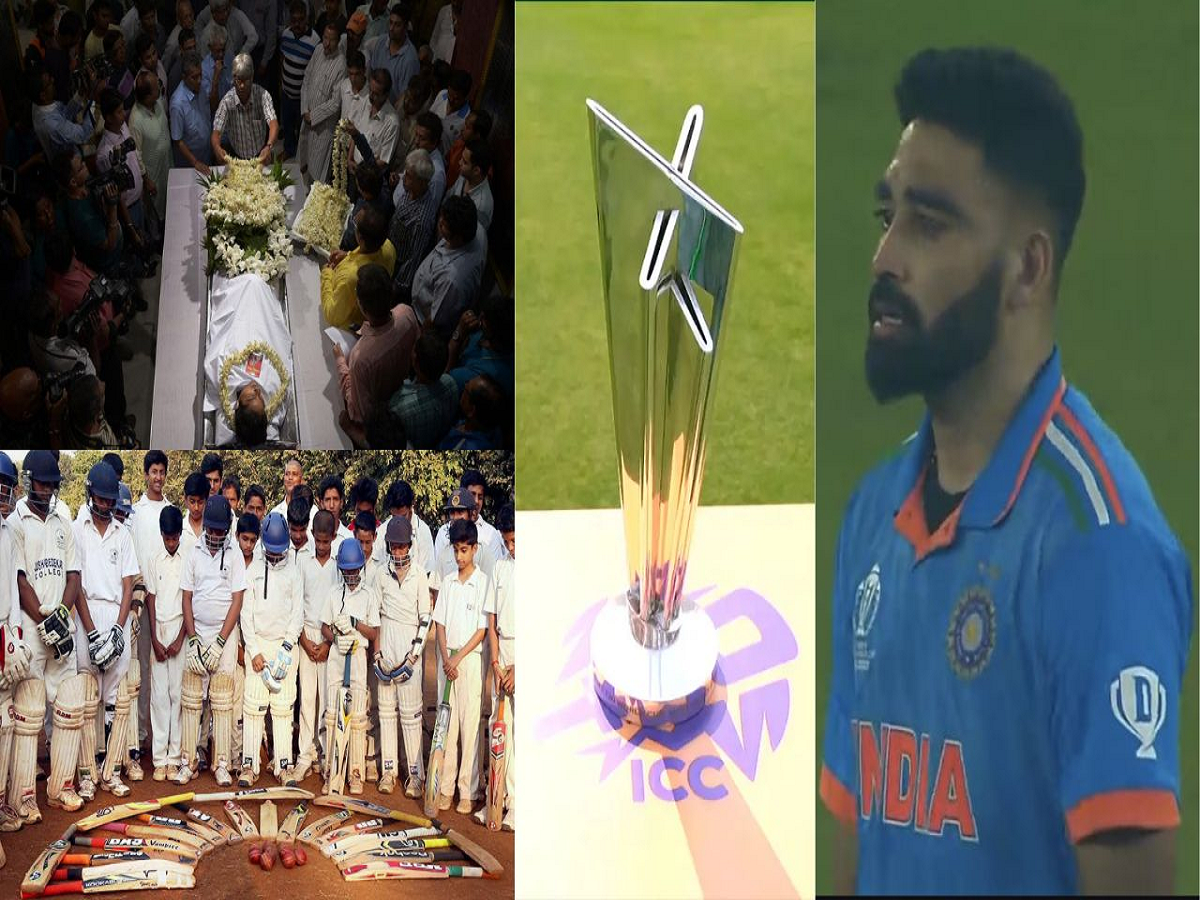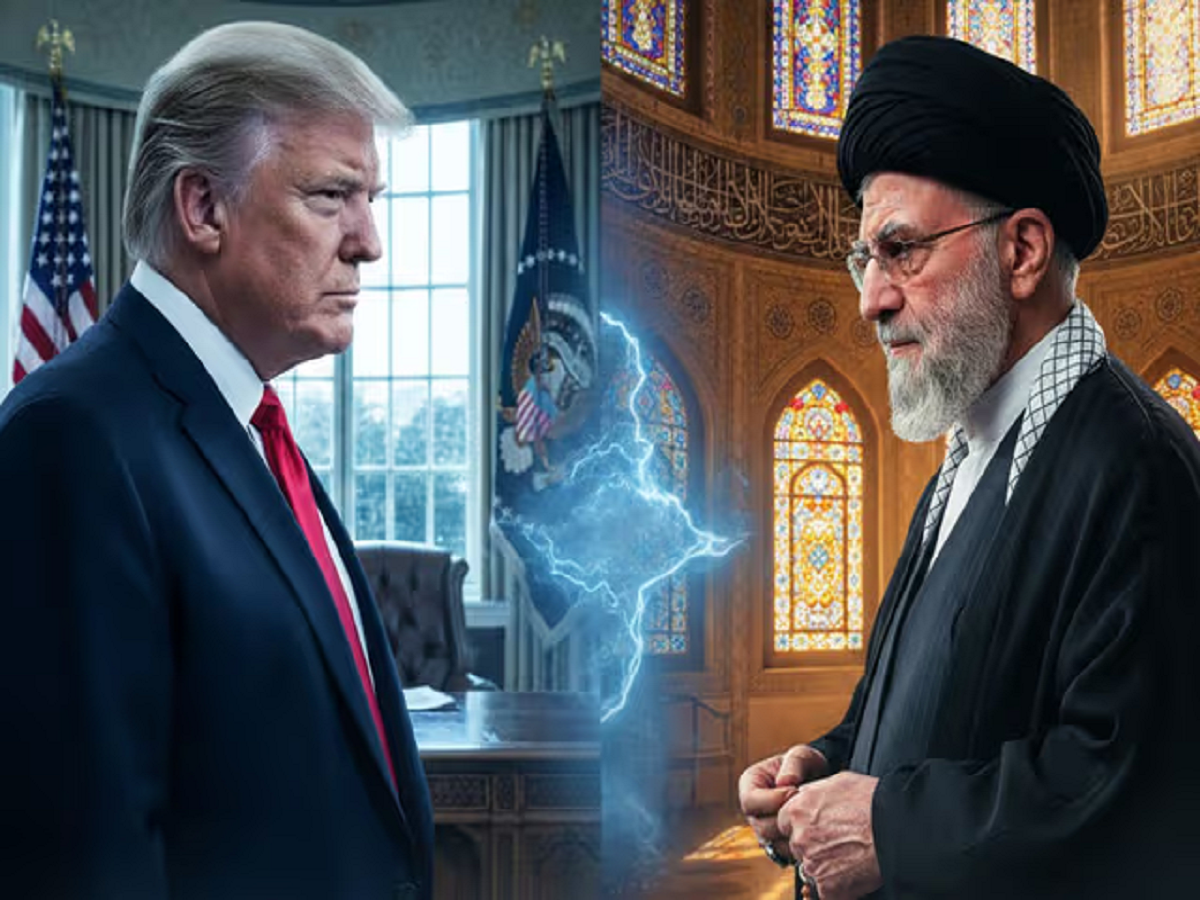Waqf Amendment Act: 'When Hindu Code Bill came, no one said, why Hindus...', Tushar Mehta said in SC on the allegations of weakening Muslim rights
- bySudha Saxena
- 24 May, 2025

SG Tushar Mehta told the Supreme Court that the Bombay Public Trust Act of Maharashtra controls temples, in which the chairman can be of any religion, whereas there is no such system in Waqf.
What did SG Tushar Mehta say on the appointment of non-Muslims in the Waqf Board?
In the petitions filed against the Waqf Amendment Act, 2025, the law has been termed as a violation of Article 25 of the Constitution. Article 25 guarantees the right to freedom of religion. The Center has given a strong reply to this argument of the petitioners. Solicitor General Tushar Mehta, on behalf of the Center, said in the Supreme Court that when the Hindu Code Bill was brought and the rights of Hindus, Christians, Sikhs and Buddhist communities were taken away, then no one said why Muslims were left out.
A bench of Chief Justice Bhushan Ramakrishna Gavai and Justice Augustine George Masih reserved the verdict on Thursday (May 22, 2025) after three days of hearing. In the first day's hearing, the petitioners presented their arguments, while on May 21 and 22, the lawyers appearing on behalf of the Center and other states presented their side in defense of the law.
SG Tushar Mehta, on behalf of the Centre, said that the new Waqf law is not contrary to Article 25 of the Constitution. He referred to the Hindu Code Bill, which was brought to codify the rights of Hindus. He said, 'When the Hindu Code Bill was brought in 1956, the personal law rights of Hindus, Christians, Sikhs, Buddhists and Jains were taken away. Then no one said why Muslims were spared and not others?
The Hindu Code Bill was aimed at codifying and modernising Hindu personal laws into a common civil code. It included provisions on subjects such as marriage, divorce, succession and adoption, including property rights for women, equal divorce rights and other provisions.
On the issue of inclusion of non-Muslims in the Wakf Board, SG Tushar Mehta cited the example of the Tamil Nadu Endowment Act, which allows the removal of a monastery head if the rules are violated. He said that here we are arguing that the inclusion of non-Muslims will violate Articles 25 and 26.
Tushar Mehta, while explaining the difference between Hindu endowments and Waqf, said that Hindu endowments are only religious and they do only religious work, but Waqf also includes secular institutions like schools, madrasas, orphanages and dharamshalas. Referring to the Bombay Public Trust Act, he said that it controls the temples of Maharashtra and there is a provision in it that the chairman can be from any religion, whereas this is not the case in Waqf.
SG Tushar Mehta said that there are two officers in a Waqf, one is Sajjadanashin, who is the spiritual head and looks after the religious affairs. The second is Mutawalli, who is the administrator or manager. He said that Sajjadanashin is not a subject in the Waqf Amendment Act, because this law has nothing to do with spiritual or religious affairs.
The Waqf Amendment Act came into force in the country after getting the approval of President Draupadi Murmu on April 5, 2025 , but many petitioners reached the Supreme Court demanding an interim stay on it. In the first hearing on April 16, the bench of former Chief Justice Sanjeev Khanna heard 72 petitions and banned new appointments in the board till the next hearing. Along with this, it was also asked to maintain the status quo on the property declared as Waqf.
Justice Sanjeev Khanna had transferred the case to the bench of new CJI BR Gavai before his retirement. CJI Gavai's bench heard the Waqf law case for three days from May 20 to May 22.
PC:ABP News






